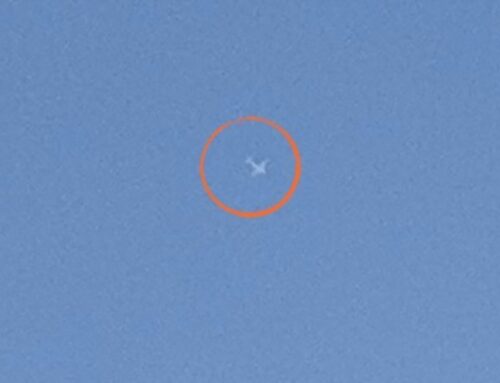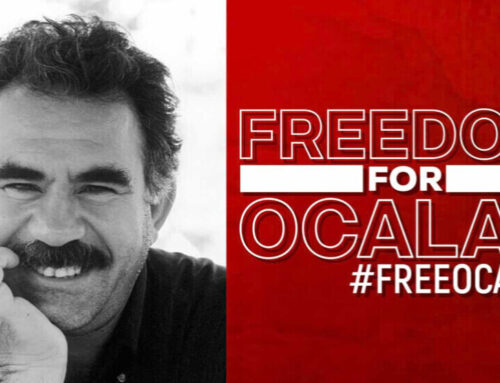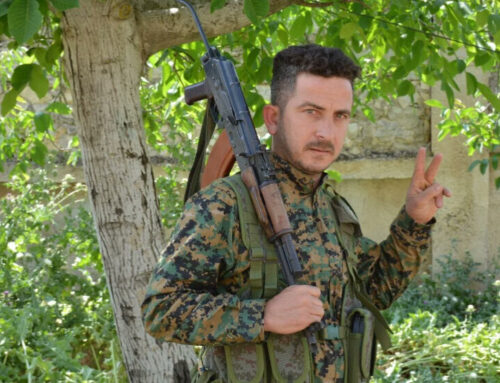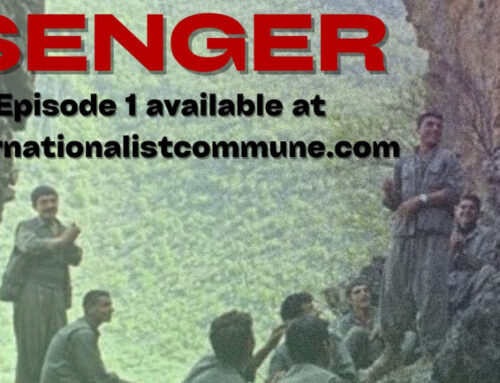Turkish plan to revive Ottoman Empire
Turkish plan to revive Ottoman Empire
- Date: December 19, 2020
- Categories:International,Opinions

- Date: December 19, 2020
- Categories:International,Opinions
Turkish plan to revive Ottoman Empire
The Vice Presidency of the Executive Council in the Autonomous Administration of North and East Syria, Hamdan al-Abd, spoke about the Turkish violations in the regions of north and east Syria, and its ambitions in Syria and the Middle East.
Al-Abd touched on the beginning of the Turkish intervention in the Syrian crisis, and said in this regard: "Only two weeks after the beginning of the movement in Syria, Turkey opened its doors to the Syrian opposition, and at that time the General Observer of the Syrian Muslim Brotherhood, Mohamed Riyad Shaqfa, held a press conference on its soil, in which he announced the support of his group to the Syrian protest movement."
Al-Abd said: "Erdogan, who opened the Turkish borders to receive the Syrian refugees, and built camps for them at the beginning, was able through this step to obtain financial support, and formed a pressure card on the European Union countries in order to obtain membership in the European Union."
The thieve of Aleppo
Al-Abd indicated that the armed factions were able with direct Turkish support to control large geographical areas of the Syrian lands and to effectively become affiliated with the occupation state, and those factions went out of the national goal to serve foreign and occupational agendas.
The regions of al-Raqqa, Deir ez-Zor, al-Hasakah, Aleppo and Idlib witnessed looting of crops, antiquities and public property, in addition to Syrian oil, and selling them to Turkey.
Al-Abd continued: "The greatest benefit for Turkey was the theft of factories and machines in Aleppo, and it is known that this city was the economic capital of Syria, as the factories in it used to provide Syria's needs, in addition to exporting them abroad."
He added: "Erdogan's mercenaries are still stealing crops, public and private property, and European, American markets attest to this after Afrin olive oil arrived there, and even the Syrian olive trees were uprooted and transported to Turkey."
Adoption of ISIS
Al-Abd added: "After the Islamization of the armed opposition, Turkey opened its airports and borders to terrorists from different countries of the world to fight in Syria, which allowed the strengthening of ISIS."
He added: "The Turkish-Syrian borders played a role in supplying ISIS with weapons, expanding its influence, plundering oil and a large amount of antiquities and selling them in Turkey, as they were among the most important sources of financing mercenaries."
The alleged caliph
Al-Abd affirmed that "Erdogan used the mercenary opposition fighters in Turkey's foreign conflicts as fuel for Turkey's foreign wars in Libya and Azerbaijan in exchange for money," adding: "The Justice and Development Party relied on the Syrian mercenaries to achieve Ottoman ambitions in Syria, Iraq, Egypt, Tunisia and Libya, and deliberately named the armed factions with Islamic names."
Hamdan al-Abd stated that Erdogan is trying to delude the world that he is the reformer, the caliph, the savior of Muslims, and the savior of the entire Middle East.
According to the Syrian Observatory for Human Rights, "Turkey has recruited more than 20 thousand mercenaries, including 18 thousand to the Arab countries and North Africa, and more than 2500 to Azerbaijan." He added: "It is Erdogan who has brought woes to these regions, not only in the Middle East, but in the whole world."
Oathbreaker
Al-Abd described Erdogan as an oathbreaker, and recalled his position and sudden turn of an enemy, after he signed trade exchange agreements that achieved millions for the Turkish state.
He added: "Erdogan closed the land and sea borders to refugee groups, and imposed visas on Syrians to enter Turkey as soon as he got European support, and Erdogan kept brandishing the refugee card until his recent crisis with Greece about the Mediterranean."
He continued his speech: "Erdogan violated the ceasefire agreement signed between the Syrian Democratic Forces and the Turkish occupation state with the guarantee of Russia, and his continued attempt to control the strategic area of Ain Issa under the eyes of the guarantor is in implementation of his map that he presented to the United Nations, which provides for cutting off other parts of Syria and annexing them to Iskenderun, in addition to the Turkification and demographic change of the region, as happened in Afrin and other occupied areas."
Establishing a foothold
Hamdan al-Abd confirmed that Erdogan wanted to make Idlib region and northern Syria an entrance to his plans, as he withdrew the observation points under an agreement with Russia towards Idlib because he wished to preserve them and control the M4 international road from Kirkuk to Kassab on the Syrian coast to activate al-Harir road line."
Al-Abd said: "Erdogan was not satisfied with Syria and Iraq only, but he continued with his colonial plan and Ottoman expansion towards Libya, Somalia, Azerbaijan and Qatar because he wanted to establish a foothold for him in all regions."
Fear of the upcoming developments
The Vice Presidency of the Executive Council in the Autonomous Administration of North and East Syria Hamdan Al-Abd concluded his speech by saying: "Erdogan is rushing to implement many plans before Joe Biden, who opposes the politics of the Justice and Development Party, takes over the presidency of the United States, as Trump is Erdogan's friend."
He added: "This is a difficult period for Turkey, Erdogan is in trouble, as his party is witnessing many splits, such as Baba Jan and Ahmet Davutoglu, and there is a collapse in the Turkish economy, after NATO imposed sanctions on the Turkish state although it is a member of this Alliance because of its purchase for the S 400 missile system from Russia."








Leave A Comment